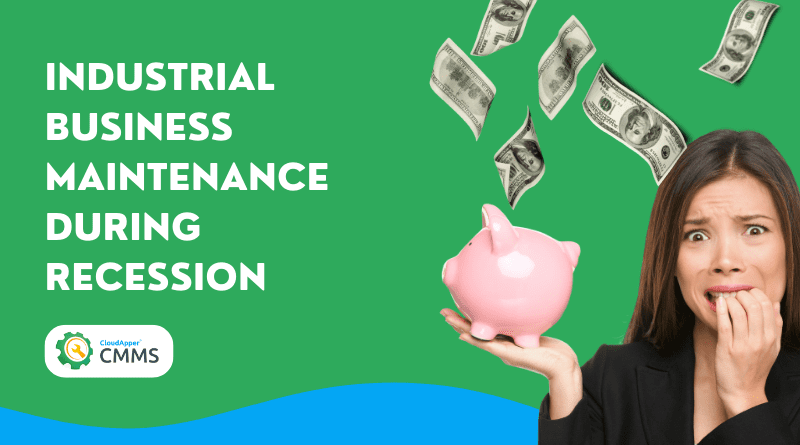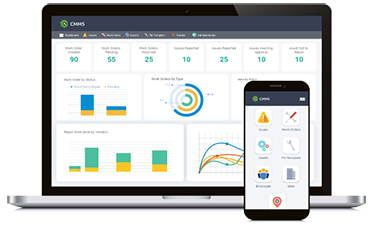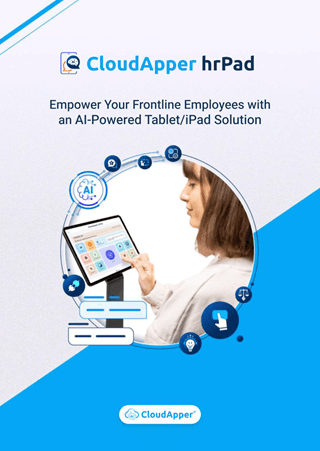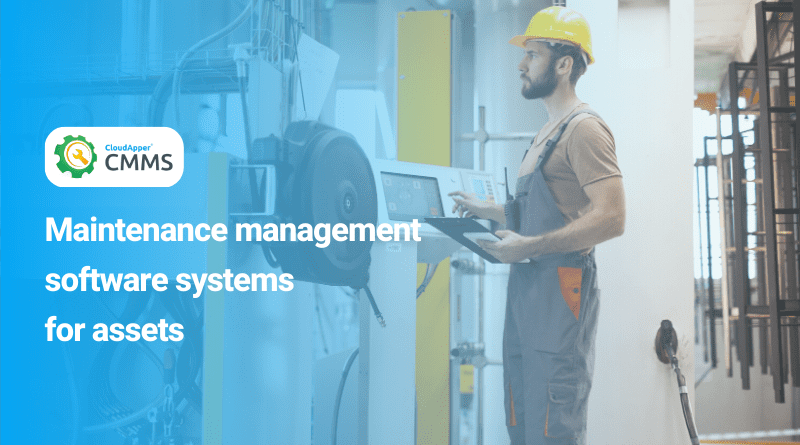Table of Contents
Do you still remember the great recession of 2007? The two-year-long recession had some devastating impacts worldwide. People lost their jobs, and many fell below the poverty line. With another recession looming on the horizon, how will it affect the industrial business and maintenance industry? Let’s find out.
Will There Be a Recession in 2023?
In KPMG’s most recent survey, 86% of CEOs anticipate a recession within the next 12 months. The good thing is that there is a near-unanimous belief that it will be short-lived and relatively easy to survive. In addition, 75% of CEOs polled have contingency plans ready for a recession. And 71% of people worldwide have a positive outlook on the economy for the next three years.
The “Dr. Doom” economist who predicted the 2007 financial catastrophe is confident that a recession will occur soon. He also stated that it wouldn’t be mild and pointed fingers at mounting corporate and national debt, predicting an impending “stagflationary collapse.” Stagflation occurs when the negative effects of inflation are compounded by high unemployment and low economic growth after a recession. He has even published a book, MegaThreats, which details strategies for weathering a financial crisis.
Both views are contradictory, and you cannot jump to conclusions. There could be a recession, or there could be no recession. Economists use a variety of tools and techniques to predict outcomes. While those predictions are not always correct, we cannot ignore the possibility.
Effects of a recession on industrial business
Recessions may only persist for a few fiscal quarters, but their ripple effects can be felt for much longer than that. Some ways in which a recession could affect your company are listed below.
The decline in Profits
Due to the economy’s stagnation, consumers and rivals are becoming more cautious with their expenditures. As a result, there will be less demand, so production will be low. The ongoing projects will slow down the industrial business, and there will be fewer new projects.
A Squeeze on Credit
Financial restraint is exercised by many, not just corporations and individuals. Banks and other sources of credit also reduce their lending, making it harder for industrial firms to operate as usual.
Reduced Cash Flow
During a worldwide recession, sellers and buyers find it difficult to get paid on time. Invoice collection could take longer than expected, delaying company payments to vendors. This is especially true for industrial businesses.
Higher Production Costs
Due to inflation, the industrial sector may experience higher production costs. Statistics show that when the economy is in a downturn, production drops dramatically before surging again when the recession ends.
Low Production
Companies often reduce output and manufacturing activity during recessions due to the rising cost of raw materials. A drop in exports and economic activity might follow such a shift.
Recession-Readiness with Proper Maintenance
Industrial businesses are heavily dependent on assets, and when there are assets, maintenance comes naturally. While curbing inflation and high raw material prices, many companies tend to neglect maintenance, which could worsen a bad situation. Here is how proper maintenance can help you fight the recession.
Fine-Tuning Your Maintenance Strategy
Manufacturers’ worries about an impending recession are understandable, but they need not be justified. Reducing risk and getting a head start when the economy recovers can be accomplished by fine-tuning your maintenance strategy and making smart investments in maintenance resources.
Keep Assets Running
The cost of production machinery is high. If one of these essential assets fails permanently during a downturn, it might exacerbate an already difficult situation. You may avoid this horror by instituting preventive maintenance using CMMS software that helps your assets last longer and decreases the likelihood of unexpected purchases.
Inventory Planning
During a recession, you must plan your inventory very carefully. Too much inventory is a waste of money, and items out of stock cause costs to go through the roof because of urgent reorder and the time lost while waiting for parts and supplies.
Don’t Compromise Quality
When budgets are cut, it’s common for product quality to go down, which makes maintenance harder and leads to more downtime. When fewer people want something, profits go down, and costs are cut even more. The same thing keeps happening, and the company starts to go downhill.
Downtime Reduction
Money is always lost during downtime. Anywhere from $1,000 to over $1 million can be lost for every hour of downtime. During a recession, many businesses can’t take these kinds of losses and still afford to stay in business. Most of the time, the maintenance department is on the front lines of the fight against downtime, either by helping to stop it or by making it less harmful when it does happen.
There is no argument that recessions affect businesses, and there is no running away from one. But placing proper caution in place might soften the effects a bit. Proper maintenance is a must when sailing through a recession storm. You can plan maintenance and keep accurate inventory using CMMS software. CMMS for manufacturing plants could be one of the strongest defenses against the wrath of a recession.
What is CloudApper AI Platform?
CloudApper AI is an advanced platform that enables organizations to integrate AI into their existing enterprise systems effortlessly, without the need for technical expertise, costly development, or upgrading the underlying infrastructure. By transforming legacy systems into AI-capable solutions, CloudApper allows companies to harness the power of Generative AI quickly and efficiently. This approach has been successfully implemented with leading systems like UKG, Workday, Oracle, Paradox, Amazon AWS Bedrock and can be applied across various industries, helping businesses enhance productivity, automate processes, and gain deeper insights without the usual complexities. With CloudApper AI, you can start experiencing the transformative benefits of AI today. Learn More

















